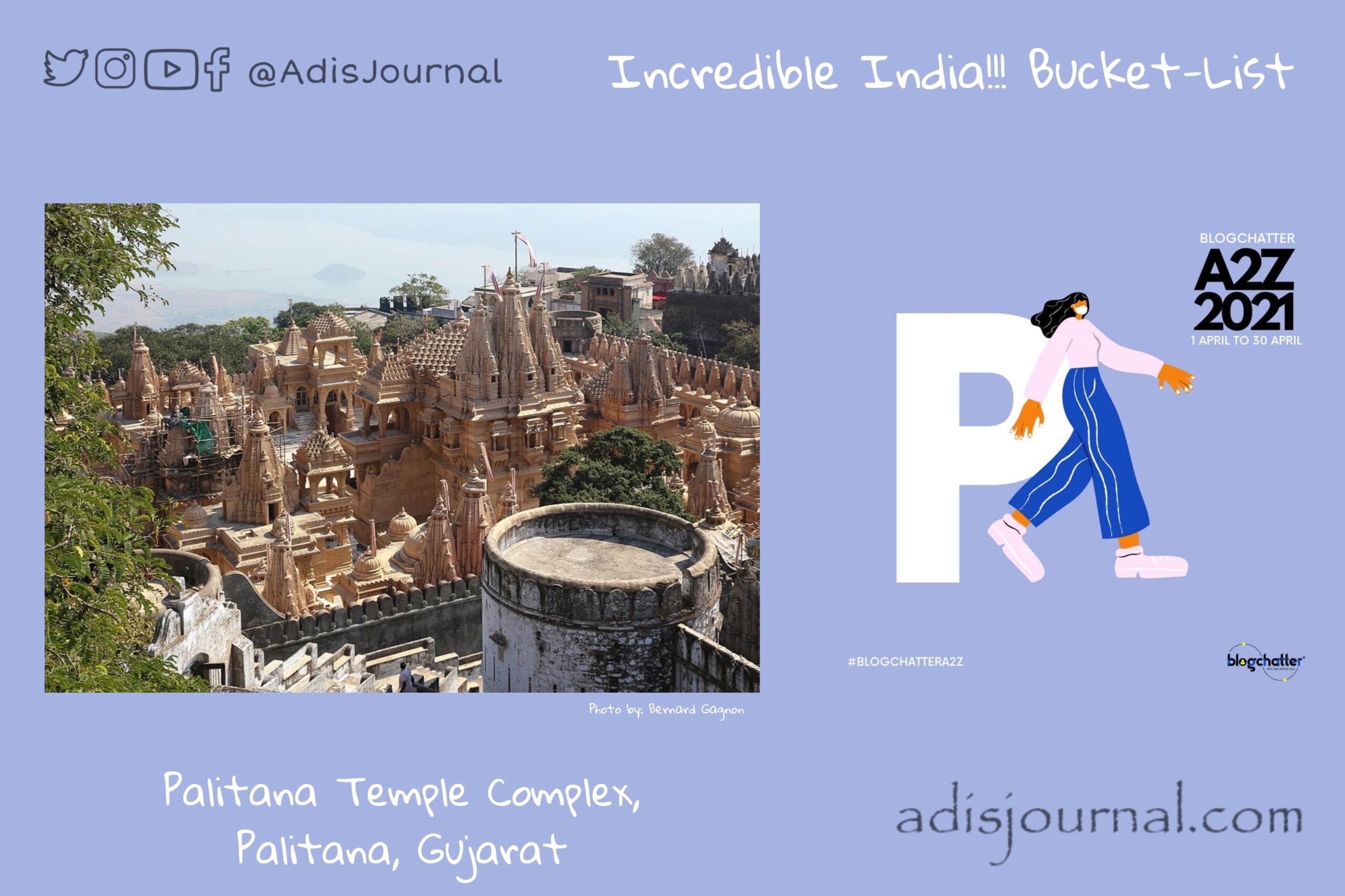
India is a birthplace of religions like Buddhism, Jainism and Sikhism. Even though Jainism started way back in ancient India, Buddhism and Jainism took root in India around the same time. Mahavira, the twenty fourth and the last tirthankar of this age, gave the present day form to Jainism. Over the period, Jainism spread through central and westen parts of India forming a vibrant community. Then, this community created marvelous temples and shrines of tirthankars across the country. Our today’s destination is one of the holiest temples of Jainism. Palitana Temples, Shatrunjay Hills, Palitana.
From the history book of Palitana
During the reign of King Kumarapala of Solanki Dynasty, original construction of Palitana temples started in the 11th century and took 900 years for completion. During 14th century Turkish Muslim invasions, these temples were destroyed. Even though rebuilding started soon after the raid, most of the temples which we see today are from the 16th century. In 1593, Tapa Gaccha, the largest monastic clan of Jainism, organized a major pilgrimage on the occasion of consecration ceremony of the temple dedicated to Rishabhnath built by a merchant named Tej Pal Soni. As a result, momentum of the construction shifted.
During the reign of Shah Jahan, Murad Baksh granted a Palitana village to Jain merchant Shantidas Jhaveri, and a complete tax exemption to this temple town. This helped the town to prosper further. Shantidas Jhaveri founded the Anandji Kalyanji Trust to manage the temples. Leadership of the trust is with the same family even today.

Palitana Temples in 1860 
Shetrunjay Palitana Jain Temples From Archieves of The Bitish Library 1866 
Palitana Jain Temples 1913
Splendour of Palitana Temples
Spread on the Shatrunjay Hill in Palitana, the temple complex has 863 temples forming nice clusters. Wealthy merchants from the community constructed many of the temples. Temples are known by the names of merchants. All temples are constructed with marbles. Large temples have marble halls supported by columns and many openings. Many of the smaller temples are only 3 square feet with Jain emblems.
Main temple sitting on the apex of the northern ridge of the hill. This temple venerates Adinath or Rishabhnath who was the first tirthankar of Jainism. Because it’s a main temple, it is made as the grandest of the complex. Temple has ornate architectural motifs of marble. Ornamental friezes of dragons adorn prayer halls of this temple. There are three ‘Pradakshina’ routes for this temple. India Post has also issued a postal stamp in 1949 with depiction of the Adinath Temple.

Sheth Motisha Tonk – Photo by Bernard Gagnon – Copyrights CC BY-SA 3.0 
Carved walls of Palitana Temples – Photo by – Copyrights CC BY-SA 4.0 
Adinath temple depicted on 1949 Indian postage stamp 
Panorama of Palitana temples Photo by Pratap Tur Copyrights CC BY-SA 3.0
Other than the main temple, there are many important notable temples in the complex like Adishvara temple, Chaumukh temple, Vimal Shah temple, Saraswati devi temple, Narsinh Kesharji temple, and the Samavasaran temple. Recently in 2016, they installed a 108 feet idol of Adinath in the complex.
Do not miss this architectural marvel carved in marble when you plan to visit Bhavnagar District of Gujarat.
I am participating in the A2Z challenge with Blogchatter and this is my take on the ‘P’ challenge. “P is for the Palitana Temple Complex, Palitana, Gujarat”. You can find my other posts from this challenge here.


Leave a Reply